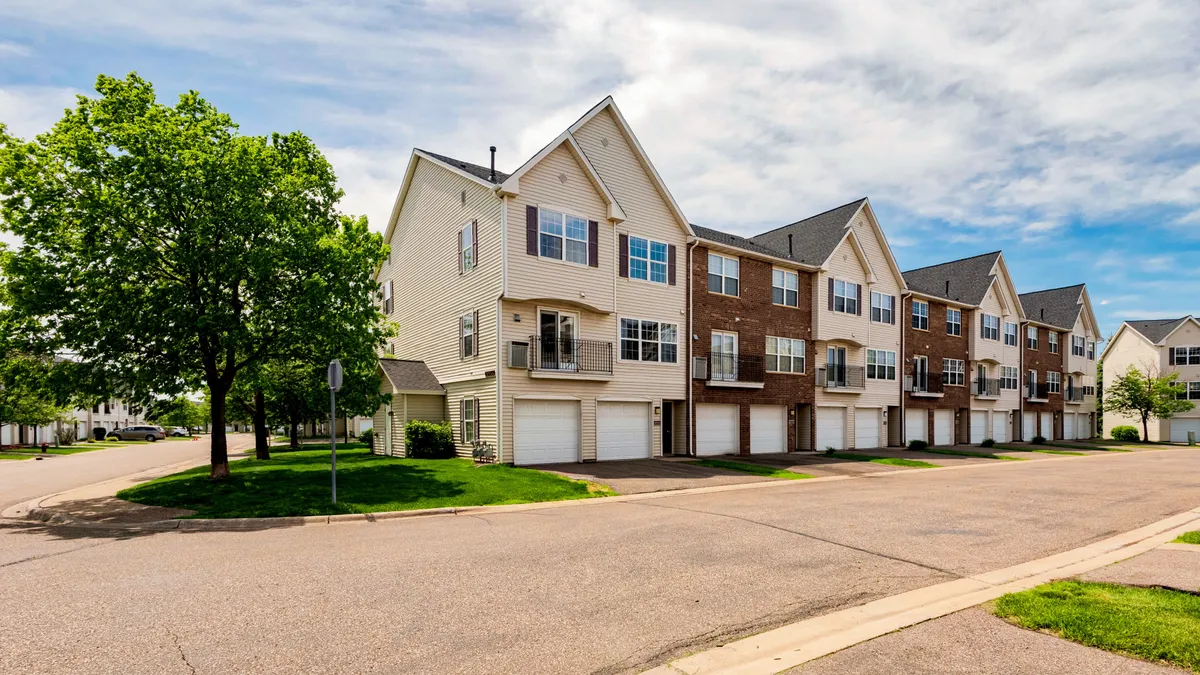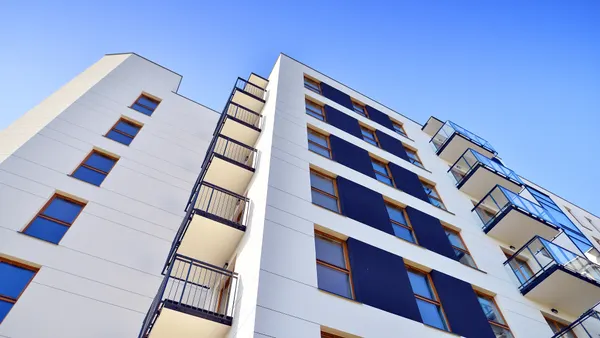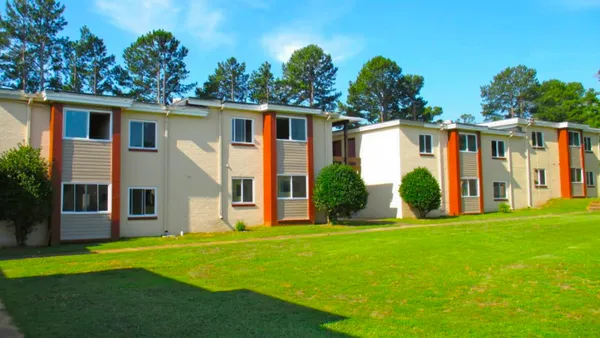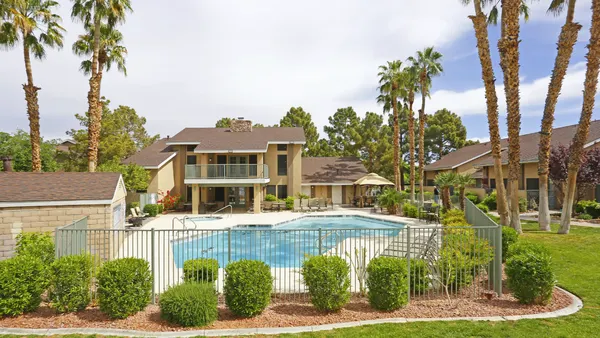JRK Holdings, like many apartment investors, went months over the past year without making any deals.
“We were very dormant from the second half of last year into the early part of this year,” JRK CEO Bobby Lee told Multifamily Dive. “It was very difficult to get anything done.”
But then things flipped. Over the last 60 days, it may be hard to find a more aggressive buyer of single apartment properties than the Los Angeles–based real estate investment firm, which ranks as the No. 48 owner of apartments in the country. It closed three properties in August and September and has another $300 million or so in enterprise value in the pipeline with multiple East Coast deals.
“I think we will probably be as active a buyer as there is in the country right now, outside of the guys that buy corporate platforms,” Lee said.
JRK’s plunge into the acquisition pool is fueled by a number of factors. It sees an opportunity in the lack of competition for class A properties hitting the market, but seller capitulation on pricing and recent movement in the credit markets have also fueled its aggression.
Recent deals
Earlier this month, JRK closed on Woodbury Park in the Minneapolis suburb of Woodbury and 333 Fremont in San Francisco for nearly $100 million. Those acquisitions came on the heels of the firm’s addition of Brook on Janes, a 288-unit community in the Chicago suburb of Bolingbrook, Illinois, in August.
Woodbury Park, a 224-unit townhome project built in 1999, is in an affluent suburb of Minneapolis, while Brook on Janes Apartments, built in 2017, and 333 Fremont, delivered originally as a condo in 2014, are examples of taking advantage of an opening in the market.
With Fannie Mae and Freddie Mac providing liquidity for older, more affordable assets through their mission-based approach to lending, some buyers are avoiding class A properties. That leaves an opening for firms like JRK.
“I think the theme for us is that relatively newer assets are trading pretty close to where the cap rates for older assets are trading,” Lee said.
Thawing in transactions
Why the sudden buying spree? Lee says the backlog of properties that didn’t sell over the past couple of years is finally hitting the market as owners are adjusting their pricing expectations.
“As long as the 10-year Treasury stays in this range of 3.5% to 4.25%, you'll continue to see stuff clear because there are a lot of sellers who have owned for five to 10 years and have been waiting to sell,” Lee said. “And you have capital that is pretty aggressive and the credit markets that are relatively healthy.”

With cap rate movement lagging recent Treasury reductions and borrowing rates improving to the high 4% range on interest-only loans, buyers are finding it easier to underwrite deals. On the other hand, sellers have concluded that the era of super-low cap rates is over.
“Sellers are just getting more realistic about the higher-interest-rate-for-longer environment versus a 100 basis point 10 year with a 0% Fed funds rate,” Lee said. “That era is over. I don't think anybody sees us going back there anytime soon.”
More buys coming
JRK plans to continue to be an active buyer in the right markets. Over the next 12 to 18 months, it aims to invest another $1.5 billion to $2 billion. However, the firm will be selective with its markets.
“There are a couple of markets, like Dallas, for instance, where [underwriting] is less from a yield standpoint,” JRK President Daniel Lippman told Multifamily Dive. “People are just looking at the replacement cost story and leaning really heavily into that. We've struggled to really be competitive on those types of assets.”
JRK will also prune its portfolio as it continues to look for acquisitions. “We're also selling a decent amount this year,” Lee said. “We're going to probably be selling the same or more next year.”
Click here to sign up to receive multifamily and apartment news like this article in your inbox every weekday.








